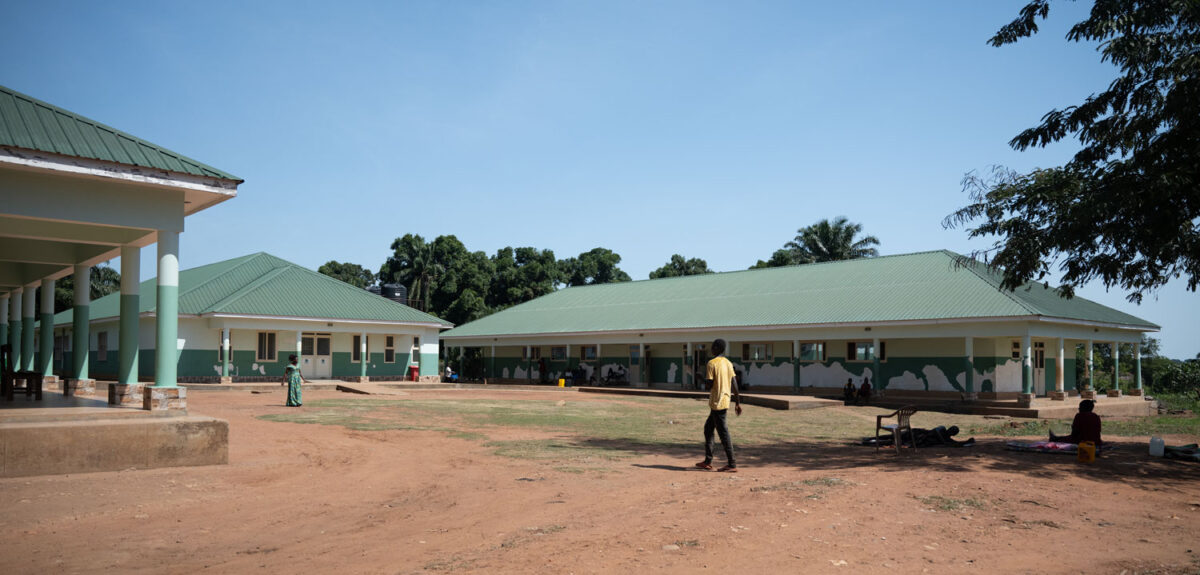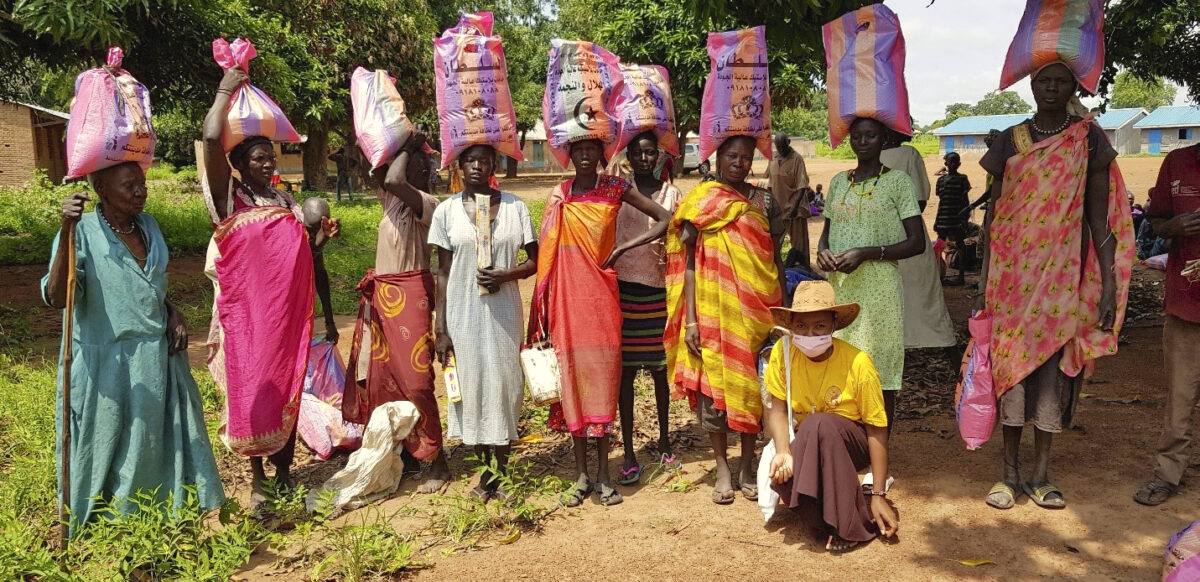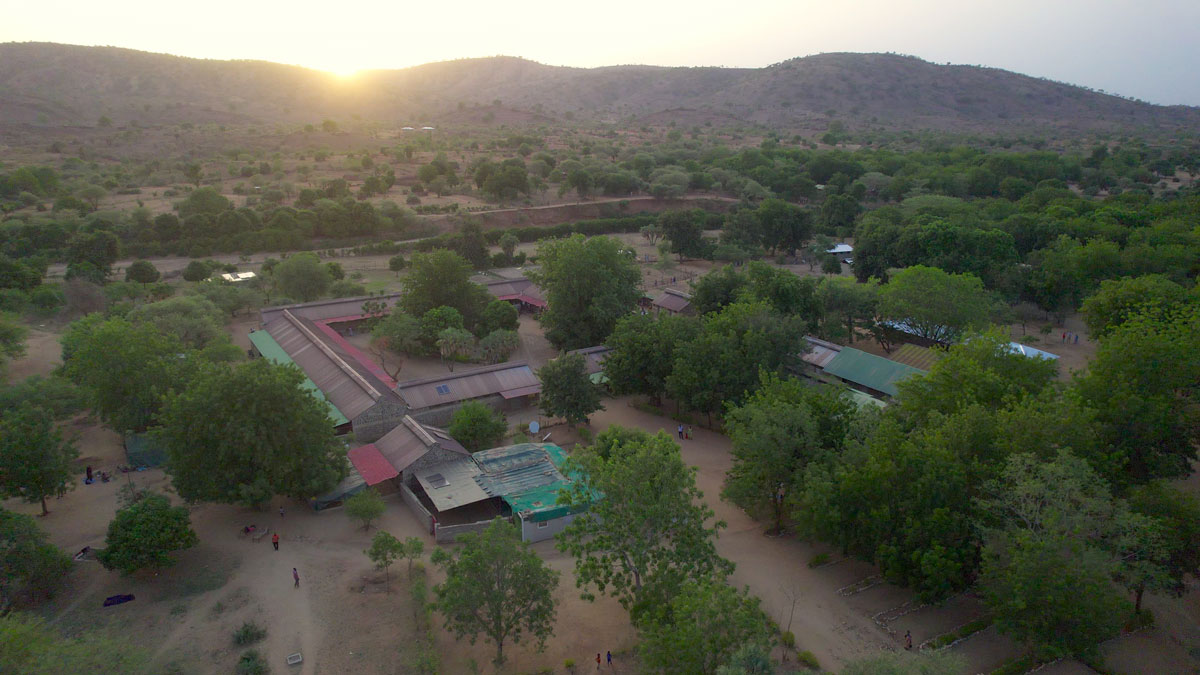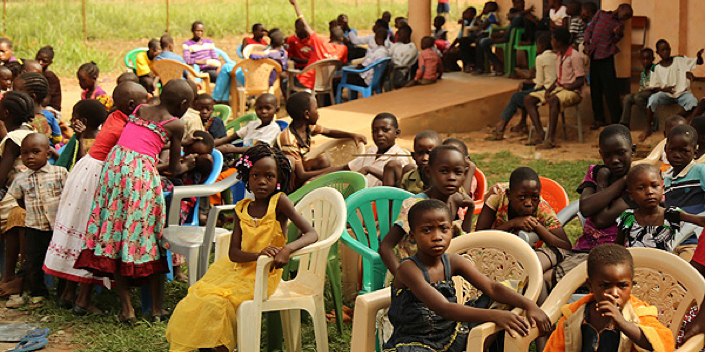
Reductions in Aid and Allied Support Leave South Sudan Vulnerable
The western world should step up efforts to support South Sudan, says a January 25th article published in Time Magazine, which sheds light on how cutbacks in vital funding and an absence of political leadership is the opposite of what this young nation needs, as the country continues to struggle under myriad pressures.
Backed by western allies in a protracted war for independence from Sudan, the country has relied heavily on its democratic counterparts since gaining hard won freedom in 2011. Nevertheless, the hoped for democratic state leading to peace for its war-weary citizens, intended to stand as a symbol of democracy among its neighboring nations, has continued to struggle with poverty, hunger, poor education rates, and a decided lack of unity.
Diverted funds and food supplies since the war in Ukraine has been one source of South Sudan’s bleeding. Another is a swath of severe weather events that left much of the country reeling under devastating floods or life threatening drought. The resulting hunger crisis is worsened by a continuous flow of Sudanese refugees from the north, seeking asylum across South Sudan’s borders since war broke out there last April.
The current administration is blamed for business as usual corruption tactics in misusing the country’s promising natural resources, and faulted for failing to extinguish flames of ethnic rivalries that persist among more than sixty different tribes that comprise South Sudan’s citizenry.
The World Bank continues to identify South Sudan among “the poorest countries in the world,” in which four out of five people live below the international poverty line. Freedom House’s 2023 Freedom in the World report places the nation in a tie alongside Tibet and Syria at the bottom of 210 countries and territories considered “not free.” Other dismal rankings were given for corruption and fragility.
The article calls for western governments to reinstate political and financial relationships that were once a hallmark of the world’s newest nation, but of lately have been met with indifference. If western allies do not, the author points out, factions of South Sudan will reach out to strengthen relationships with enemies of the west, and the free world could risk losing the progress that was painstakingly achieved.
Further, South Sudan’s population is in greater need than ever of humanitarian support, with the significant drop in aid that occurred in unfortunate timing alongside the country’s natural disasters and influx of war refugees. To say now is not the time to look the other way in a crucial moment of South Sudan’s journey is understated. With the fragile nation at a potential tipping point, it’s of greater importance to prioritize their humanitarian and political support higher up the list, ensuring the scales are tipped in the right direction. Continue reading here.




